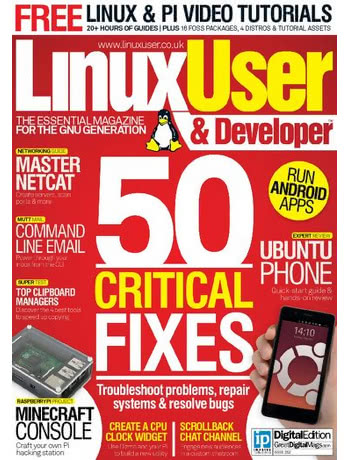
The 3D printing feature was born of a personal cost – literally, money I spent after diving head-first into the world of SLA 3D printing having been tempted by a low-cost entry-level printer. While the printer itself cost around £150, I spent as much again on the accessories required to get good results – from resin and cleaning tools to an ultraviolet curing station and the FEP sheets which form the bottom of the resin vat.
While the feature focuses on SLA printing, which uses a resin cured by exposure to ultraviolet light, there are costs associated with the more common FFF 3D printers too – including finding ways to protect the plastic filament they use from moisture.
Any readers of a certain vintage will likely remember the original RISC OS, an operating system developed initially for Acorn’s Archimedes family then for the later Risc PC. While Acorn itself went away, RISC OS didn’t – and the launch of the original Raspberry Pi, powered by Arm technology which started life at Acorn, gave it a shot in the arm.
RISC OS Direct is an effort to take the modern RISC OS and make it approachable for newcomers, rather than experienced RISC-takers. As a result, it includes a selection of applications pre-installed – from word processors to web browsers – and a handy-dandy wallpaper which doubles as a quick-reference guide. More detailed documentation is also provided, including electronic copies of programming manuals, for those who want to dive deeper.
Computing Across America, finally, isn’t a new book: It was published in the 1980s by Steven Roberts, the self-styled “high-tech nomad” who sold his house and possessions to cycle across America on a custom-built “Winnebiko” with little more than a TRS-80 Model 100 microcomputer for company. While now out of print, the title is available to borrow from The Internet Archive – and makes for fascinating, if often salacious, reading.
Custom PC Issue 207 is available now at all good supermarkets, newsagents, and online with global delivery from the official website.

